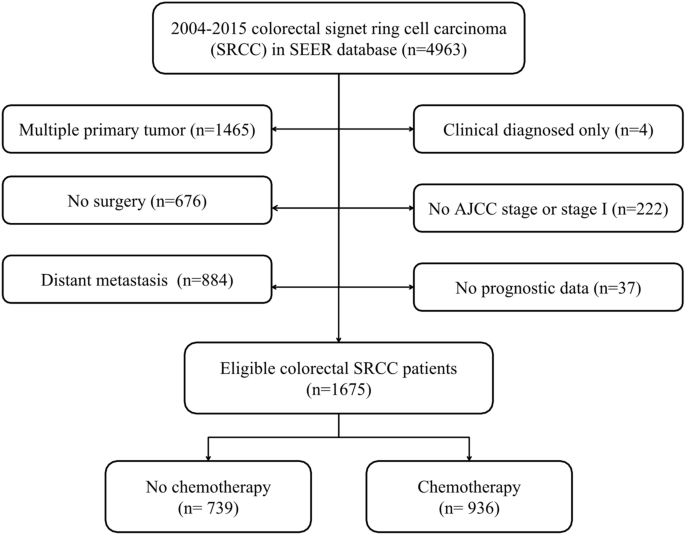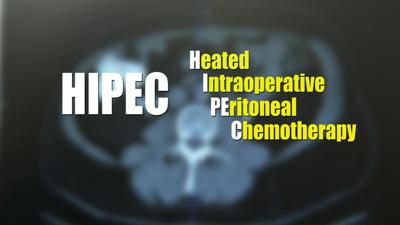Perioperative chemotherapy in advanced signet ring cell carcinomas is an independent factor of poor prognosis and survival which is explained by the toxicity of neoadjuvant treatment.
Signet ring cell carcinoma treatment chemotherapy.
Signet ring cell cancer accounts for nearly 8 7 percent of the cases of all gastric cancers.
The occurrence of signet ring cell cancer in some cases is associated with hereditary factors usually linked to the mutations in the cdh1 gene which encodes the vital.
Typically this cancer is presented with scattered infiltration of the gastric wall.
Primary srcc tumors are most often found in the glandular cells of the stomach srcc originates in the stomach in 90 percent of patients and less frequently in the breast gallbladder urinary.
Signet ring cell carcinoma is less chemosensitive than others and the increase in the percentage of signet ring cells correlates with resistance to chemotherapy.
Signet ring cell carcinoma srcc has been associated with poor prognosis and is defined as one of the most malignant cancers compared with other colorectal cancers.
Signet ring cell carcinoma treatment.
Signet ring cell carcinoma srcc is a rare form of highly malignant adenocarcinoma that produces mucin it is an epithelial malignancy characterized by the histologic appearance of signet ring cells.
Chemotherapy is usually considered the first option for this disease but it has proven to be the least effective for the srcc resulting in lower survival rates.
A team from the first hospital of jilin university in china wanted to know if chemotherapy was necessary after tumor removal surgery.










